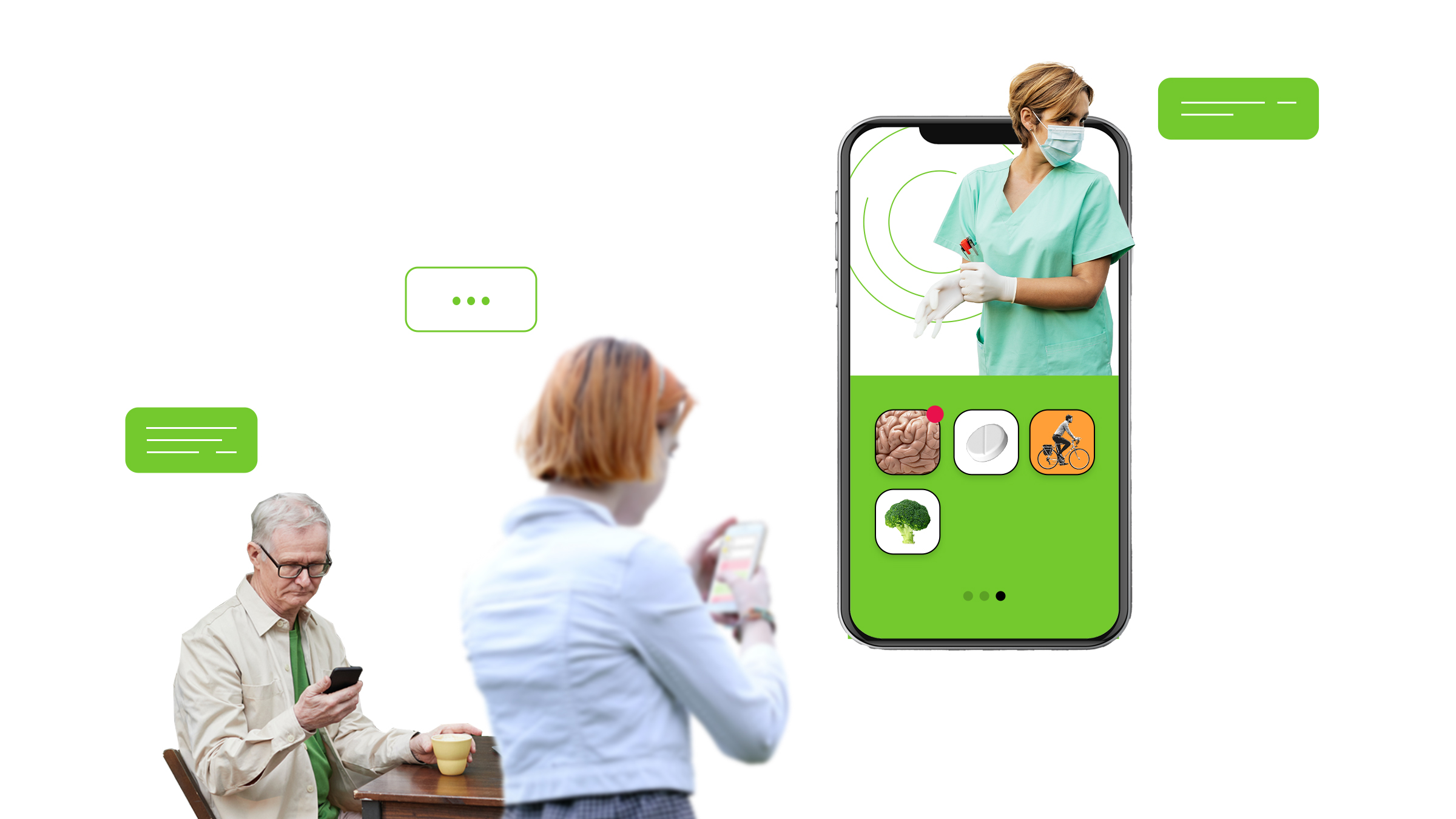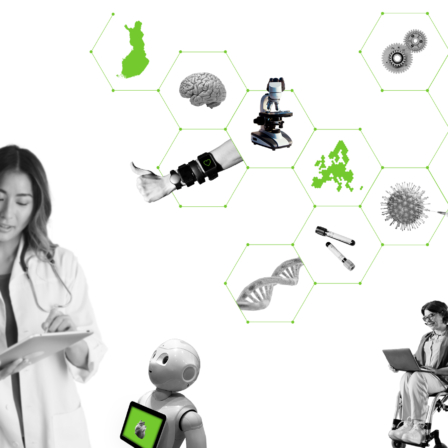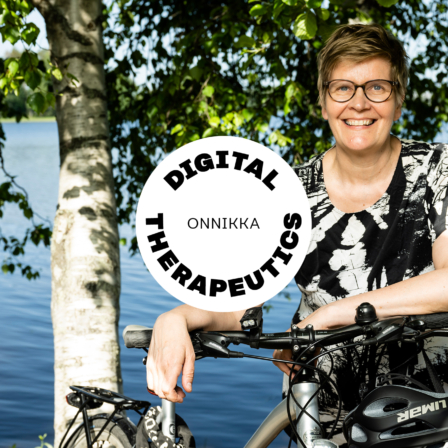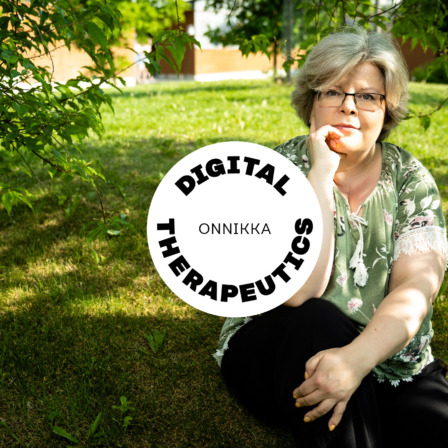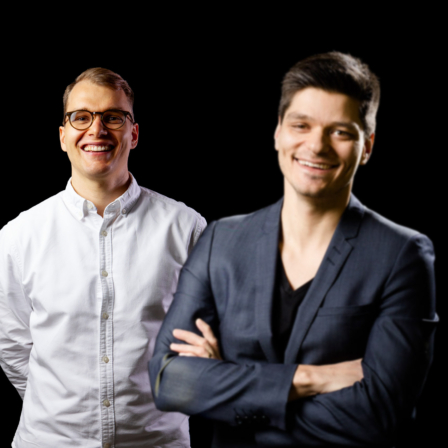Sitra has funded six Finnish pilot projects on health apps, or digital therapies. The apps are based on medical evidence, meaning that they are not conventional fitness apps. The apps piloted include a weight management app and one for people with musculoskeletal disorders, for example. The pilot projects ended in May 2023.
“The pilots have provided practical lessons and experience, and developed models and guidelines for a variety of situations. Working time and costs can be saved if the lessons learned are taken up in the wellbeing services counties,” says Sitra Specialist Johannes Ahlqvist.
The pilot projects have shown that there is a great demand for health apps. Patients want more tools to better manage their health and medical conditions. Healthcare professionals want to serve their patients more effectively and based on solid information, but they also want to make their own work easier. Patients and professionals are satisfied users of health apps as long as the app in question is a ready product.
Health apps make everyday life easier for patients and health professionals
Health apps make it easier for patients to stay in touch healthcare staff. They support self-care, reduce visits to health centres and bring a new sense of security through continuous health monitoring. In a pilot project carried out in the wellbeing services county of North Ostrobothnia, the blood counts of patients on anticoagulant medication could even be monitored when they were abroad.
A number of the pilots found that preconceptions about older patients’ lack of digital skills were unfounded. Problems could also sometimes be overcome with the help of family and friends.
Healthcare professionals can access more accurate and up-to-date data from health apps that support patient care than is otherwise the case. The increase in data needs to be taken into account early on so as not to increase the workload of healthcare personnel. Up-to-date information can make it easier to allocate resources to more effective and efficient work. For example, a pilot carried out by the wellbeing services county of North Karelia (Siun sote) enabled a transition from calendar-based to symptom-based monitoring of cancer patients.
Once the new approach is established, health apps will reduce the number of health centre visits, staff workload and costs to the system. At first, workload and costs often increase as the new approaches are adopted, staff are trained and procurements made. For instance, at a health centre in North Ostrobothnia, the amount of time spent per patient was reduced by a third as less time was needed for recording and reporting.
App technology and deployment initially increased the workload
The pilot projects also revealed certain problems. Some were associated with the temporary nature of the pilot projects, while others concerned the use of the health apps, as funding was only granted for a fixed period and integration with patient information systems or comprehensive training plans were either not undertaken or were minimal.
The novelty of the apps also created additional workload, as staff and patients were not fully aware of their potential use. This created the need to spend significant time and effort on training and user support in the early stages.
In the short term, new working methods and solutions inevitably create more work. Health apps also significantly differ from one another. Some require significant integration with working practices and systems, while others operate much like conventional medical interventions. One example of the latter is the Onnikka weight management app piloted in the wellbeing services county of Central Finland.
All digital solutions require changes in working practices in order to reap the full benefits. There is also a need for a change in attitudes. In many instances, patients become active instead of participants in their care.
Many of the piloted health apps are still under development, so technical challenges were encountered and the apps had to be fixed and modified. There were hardly any technical problems encountered in the pilot projects that used fully developed apps.
Expanding the use of the apps and drawing on lessons learned
The apps have proven useful and effective. Most of the participants in the pilots are exploring opportunities to expand the use of the piloted health apps throughout their organisation.
The pilot projects were carried out in 2022–2023 as part of Sitra’s Health Data 2030 project, which aims to create solutions and rules for cross-border use of health data in Europe and support the competitiveness of the Finnish health sector. Sitra’s aim was to gain experience on the use of new digital therapies as part of the care workflow. Applications for six different diseases or syndromes were included.
